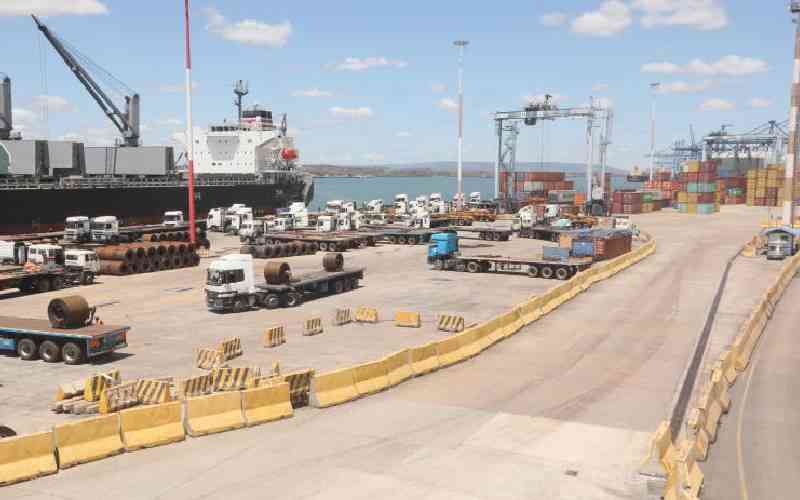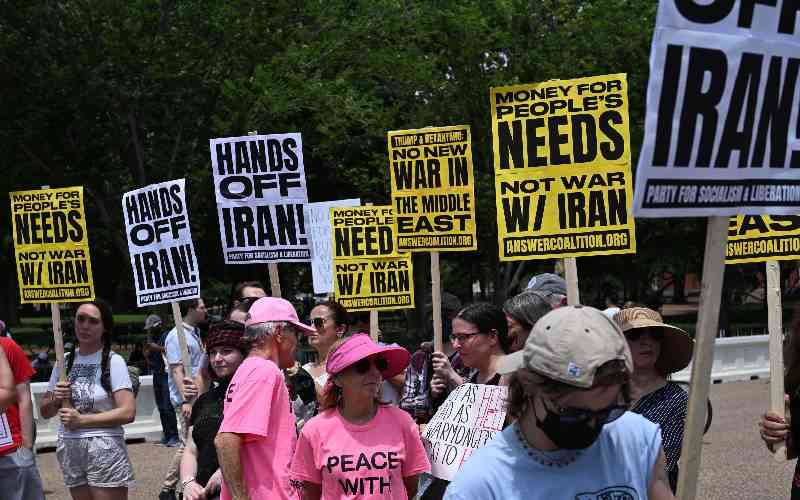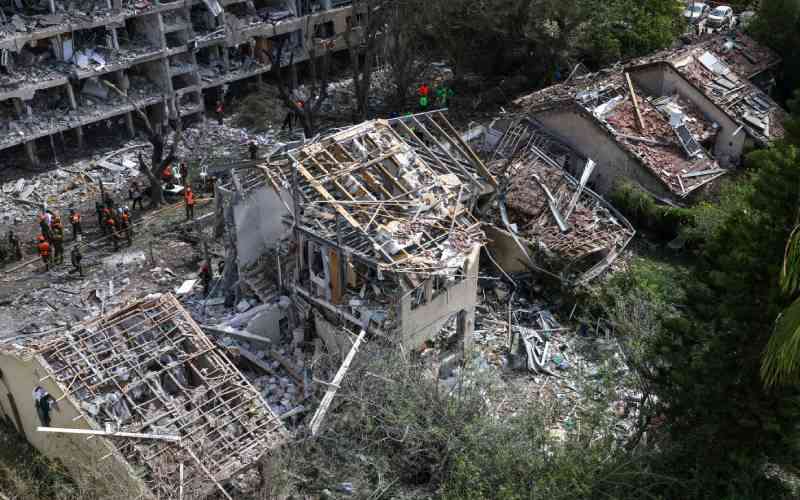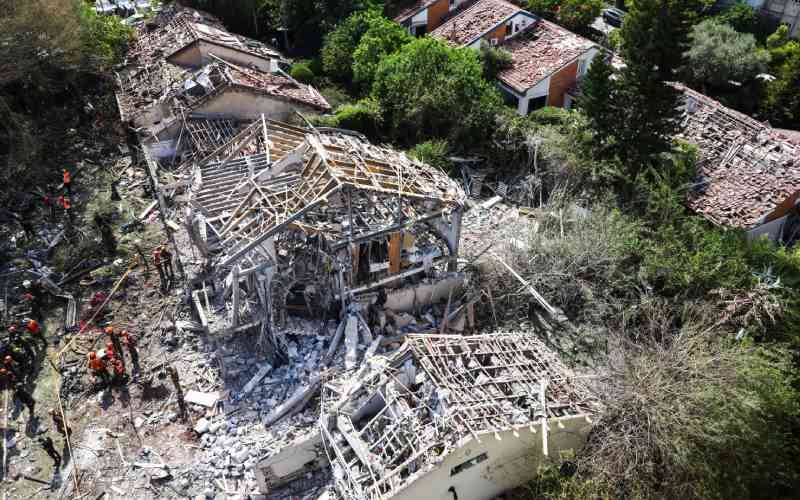
Kenya is bracing for significant economic repercussions as the escalating conflict between Iran and Israel threatens to disrupt global trade routes. This could unleash a fresh surge in fuel prices, a critical concern for the country heavily reliant on imports.
The intensifying conflict, marked by recent Israeli strikes on Iranian military and nuclear sites and subsequent retaliatory missile attacks, has rattled international markets.
Investors are particularly focused on the Strait of Hormuz, a narrow yet vital waterway controlled by Iran, through which about one-fifth of the world’s daily oil consumption flows.
A prominent adviser to Iran’s supreme leader and the Iranian Parliament have already called for its closure, heightening fears of a major supply disruption.
“Such a move would be “catastrophic for global trade,” warned Ian Njoroge, a Nairobi-based trade analyst, reflecting widespread anxiety among Kenyan businesses. “If the conflict escalates, we could see delays, higher insurance costs, and even blocked shipments.”




Global oil futures have soared by about 10 per cent since the start of hostilities. Brent crude, the international benchmark, briefly surged above $80 (Sh10,400) per barrel on Sunday following US airstrikes on three of Iran’s nuclear facilities, marking its first ascent past that threshold since January.
Analysts, including Rob Thummel of Tortoise Capital, caution that a disruption to the Iran-controlled sea route could send oil prices soaring toward $100 (Sh13,000) per barrel.
For Kenya, which imports nearly all its refined fuel, the global price fluctuations have direct domestic consequences. Kenya’s preferred light crude, Murban, produced in Abu Dhabi, has already climbed 10.7 per cent in a week, from $66.40 (Sh8,632) to $72.42 (Sh9,4160) per barrel.
This comes after the Energy and Petroleum Regulatory Authority (Epra) recently increased super petrol prices by Sh2.69 per litre to Sh177.32 in Nairobi, reversing a year-long declining trend.
Any sustained increase in global oil prices would translate into more expensive transportation, electricity, and goods, threatening to reverse recent gains in inflation control.
The economic anxieties extend beyond fuel. Kenya’s direct trade relationships with both Iran and Israel are substantial. In 2023, Kenya exported Sh6.8 billion worth of goods to Iran and Sh730.9 million to Israel, according to the Kenya National Bureau of Statistics (KNBS).
Key Kenyan exports include tea and flowers, with Iran being a significant buyer of Kenyan tea and Israel importing flowers and vegetables. In the same period, Kenya imported Sh2.4 billion worth of Iranian goods and Sh6.7 billion from Israel.
Prolonged conflict and disruptions in key maritime routes, including the Strait of Hormuz and the Bab al-Mandeb Strait, could severely impede these trade flows, leading to increased freight and insurance costs for Kenyan exporters.
The deepening conflict comes as Tehran has sought to enhance economic ties with African countries like Kenya to mitigate the impact of Western sanctions related to its nuclear ambitions.
Stay informed. Subscribe to our newsletter
Iran, with the second-largest economy in the Middle East after Saudi Arabia, boasts the world’s largest gas reserves and the fourth-largest oil reserves.
Its diverse economy also includes significant mineral reserves, a strong industrial base producing automobiles, metals, cement, steel, and copper, alongside developed agricultural and pharmaceutical sectors.
Agriculture Cabinet Secretary Mutahi Kagwe recently held talks with Iranian business groups to explore deeper trade ties.
The Kenyan government had previously warned its citizens to prepare for potential record fuel price increases due to the persistent Israeli-Palestinian conflict and tightening global oil markets.
The Energy Ministry had indicated that the Middle East conflict was likely to spark a fresh rally in global fuel prices, dimming hopes for sustained lower prices at the pump.
As global leaders call for de-escalation, Kenyan businesses and consumers remain on edge, a spot check by The Standard showed on Monday.